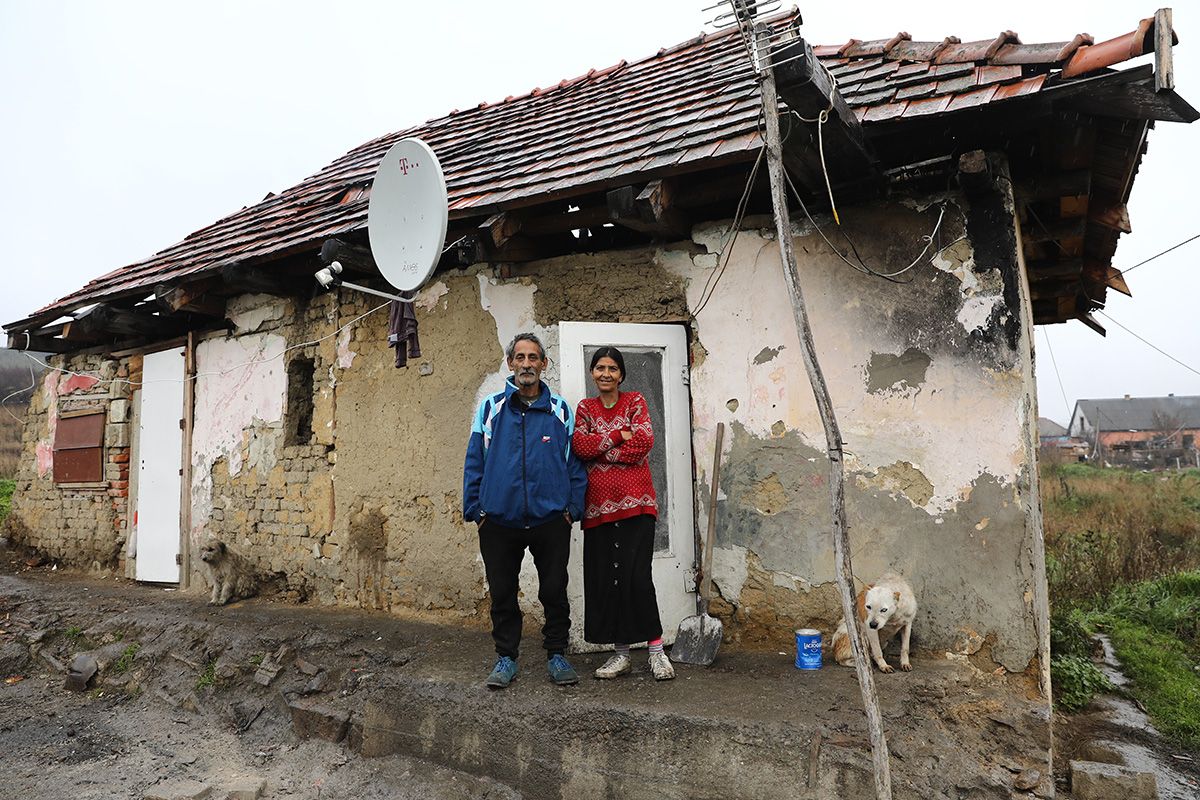When I first came here some twenty odd years ago I believed I was moving to the middle of Europe. Indeed visiting the Hungarian Cultural Centre in London to help familiarise myself with the country, its people and its culture before my migration eastwards, any assertion that Hungary was a land in the Balkans was firmly denied by its personnel. Once I had arrived I found that any description of Hungary as an eastern European country met with outright hostility particularly amongst the business community. Hungary was in central Europe and moreover central to it. True, its language was not easy for foreigners but then there was a widespread pride in the Hungarian adeptness to learn and speak a variety of European tongues and even those of the wider world. No, Hungary was definitely a country that if not precisely in the middle topographically, certainly intended to use its intellectual genius, scientific brilliance and organisational talent to become pivotal to the commercial and cultural life of Europe.
So how is it then that twenty-odd years later I feel as though I live in a mythical hinterland. Inflation has been in the super-league bracket far outdistancing that of its neighbours. Prices have risen beyond the range that the majority of the population can afford and certainly are more than my pension can cope with. Furthermore I am subsisting on a diet of heavily redacted news and injected with occasional but increasingly sparse cultural offerings at breathtaking ticket prices. These are frequently inspired by second-rate literature whose justification for still existing is that it was created by a Hungarian. Whilst I understand the justification for endless presentations of Bank Ban its arousal of national fervour does not make it a good opera. The misnomered Új Szinház (New Theatre) seems mired in a Hungaricum treacle of ‘klassikus értékek’ where the authors are neither classical nor of value.
Increasingly I feel the country is stuck in a time warp. Recently I travelled from western Hungary to Debrecen across the Great Plain. The weather mirrored my feelings about the journey like a literary pathetic fallacy. The sunshine of the Balaton gave way to light clouds as I drove through Transdanubia, the heavy rain and stormy winds growing stronger as I crossed the Alföld. The quality of the housing depreciated with every kilometre. The villages became ever less tidy and house-proud as signs of poverty came to be more frequent. This was a landscape that had not changed in the thirty years since I first journeyed here as a tourist, the only noticeable difference for the better being the quality of the road surface. It was still the same post-communist eastern Europe whose resources had been depleted by years of over-exploitation. Life at the agricultural “coal surface” was every bit as grindingly arduous, its very livelihood as precarious and joyless as for the previous generation. The former economic backbone of the country was bent and calcified. Debrecen, whose middle-class pretentiousness I do not care for, came as precious relief.

Proposed legislation to promote the so-called “defence of sovereignty” is little more than a cynical step to further diminish the power of the remaining independent press and reduce the contact of non-governmental organisations with their counterparts and sponsors abroad. This is the iron fist of foreclosure on the scraggy neck of the already undernourished free-range media chicken dressed in the velvet glove of flag and freedom. It is the control of the corrupt to preserve corruption and make it invulnerable to internal criticism. “Mirror mirror on the wall” might well be the slogan of the government nestling in the fairy-tale glamour of its enormous parliamentary edifice dedicated to a democracy which disappeared some years ago. It has fed its folk with the poisoned apples of tax breaks masquerading as income improvement, family values instead of genuine social care, homosexuality conflated with paedophilia,, Chinese investment in place of EU subsidy, jingoism rather than real patriotic love.
I sometimes wonder how it must have felt to live in the Albania of the interwar years when Europe watched the increasing isolation of the country dominated by Zog, first as prime minister, then president and finally king. His universal suppression of civil liberties and pursuit of recklessly grandiose economic policies leading to virtual bankruptcy and total dependence on his neighbour across the Adriatic resulted finally in their invasion and his overthrow as soon as Europe’s eye was on another more significant field of mad endeavour. As Hungary draws further away from Europe, from good sense and liberty , the parallels seem to me all too obvious.
Ogocog 23/11/20